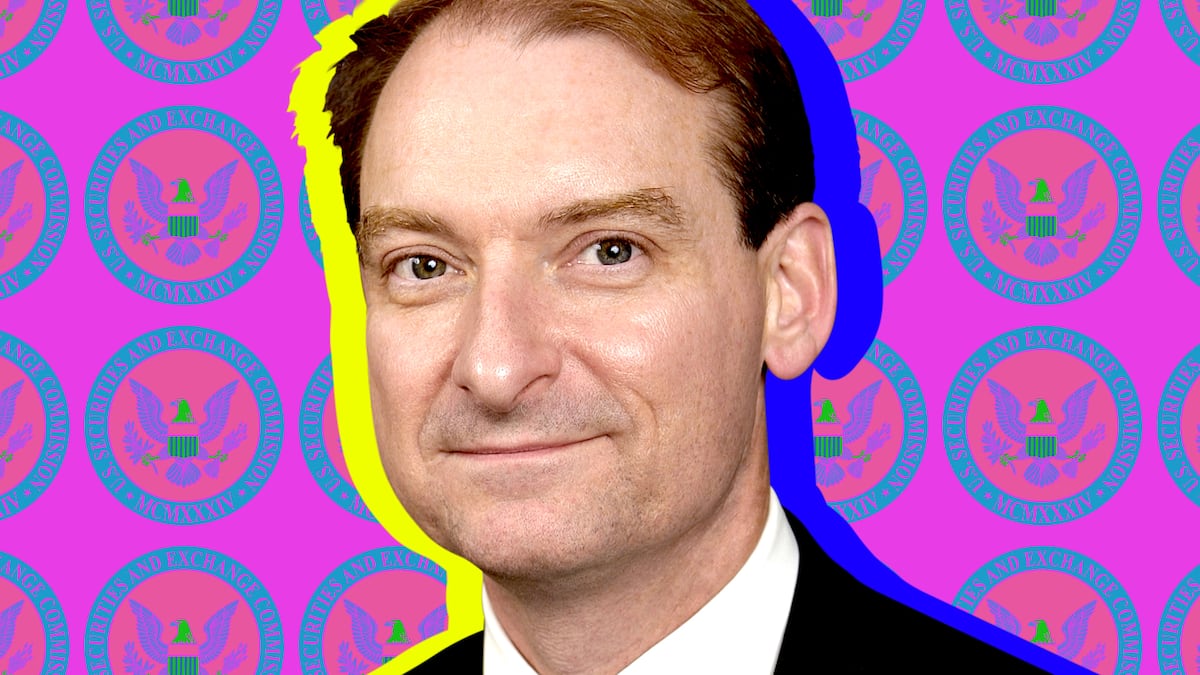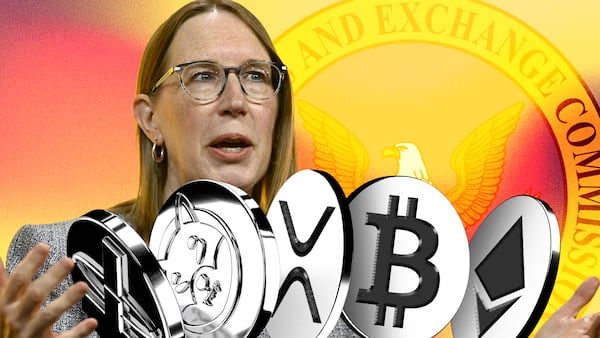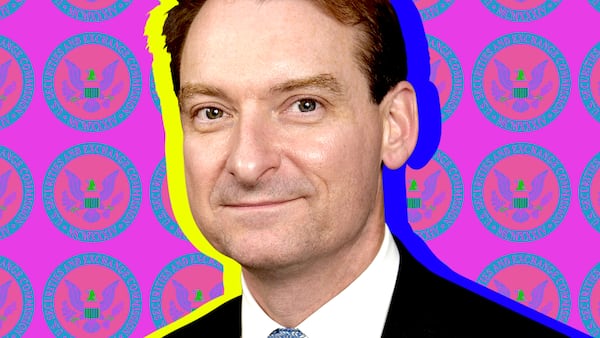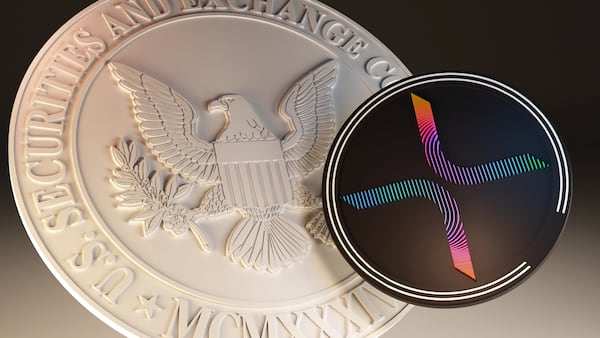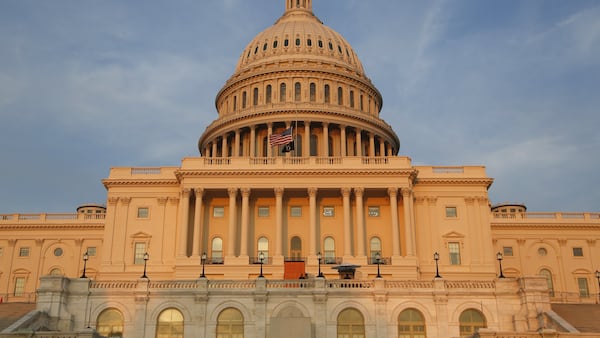- Paul Atkins says the SEC should foster crypto innovation.
- He’s presented three focus points for the agency.
- His comments mark a departure from the Gensler era.
Paul Atkins is fighting in the crypto industry’s corner.
The new Securities and Exchange Commission chair made that clear during the regulator’s Crypto Task Force roundtable discussion on tokenisation on Monday.
The days of former Chair Gary Gensler’s “shoot-first-and-ask-questions-later approach” are gone, he said, replaced by a commission that won’t compel crypto companies “to go offshore to innovate with blockchain technology.”
“It is a new day at the SEC,” Atkins said in his prepared remarks. “Policymaking will no longer result from ad hoc enforcement actions. Instead, the commission will utilise its existing rulemaking, interpretive, and exemptive authorities to set fit-for-purpose standards for market participants.”
His comments signal the administration’s ambition to keep US President Donald Trump’s pledges to relax crypto rules and to make the country the “crypto capital of the planet.”
Atkins, a long-time crypto supporter, highlighted three regulatory areas for the SEC to focus: issuance, custody, and trading.
Issuance
Issuance refers to the process in which companies create new securities such as stocks and bonds.
Gensler maintained that most cryptocurrencies were securities, which formed the basis of the barrage of the enforcement actions the SEC fired off during his tenure.
The agency has abandoned or halted most of those cases since Gensler left the agency and returned to the Massachusetts Institute of Technology.
Atkins said he’s committed to charting “a new course” to adjust its rules to fit the crypto industry.
Custody
Atkins said he supported giving companies “greater optionality in determining how to custody crypto assets.”
He applauded the rescinding of the law dubbed SAB-121,, which critics said made it harder for crypto companies to work with banks.
The March 2022 SEC guidelines advised any entity safeguarding crypto assets on behalf of others to put them on its balance sheet as if it owned them.
Atkins called the rule “a grave error” that “created needless confusion.”
“Custody rules may need to be updated to allow advisers and funds to engage in self-custody under certain circumstances,” he said.
The SEC may also “repeal and replace the ‘special purpose broker-dealer’ framework with a more rational regime,” Atkins said.
The agency introduced SPBDs in 2020 to allow certain broker-dealers to engage in digital asset securities activities like custodying and transacting.
Trading
Thirdly, Atkins said he was in favour of allowing trade among a “broader variety of products.”
For instance, that could include allowing broker-dealers to facilitate the trade of both securities and non-securities as well as other financial services.
“I have asked the staff to help us devise ways to modernize the ATS regulatory regime to better accommodate crypto assets,” Atkins said.
“Additionally, I have asked the staff to explore whether further guidance or rulemaking may be helpful for enabling the listing and trading of crypto assets on national securities exchanges.”
Eric Johansson is DL News’ News Editor. Got a tip? Email at eric@dlnews.com.
